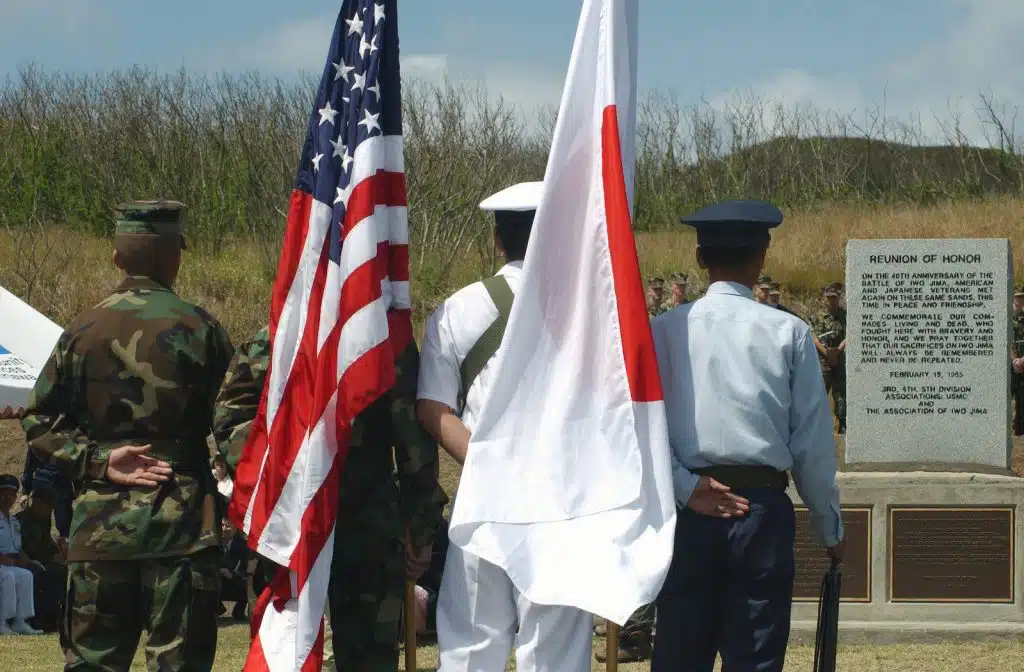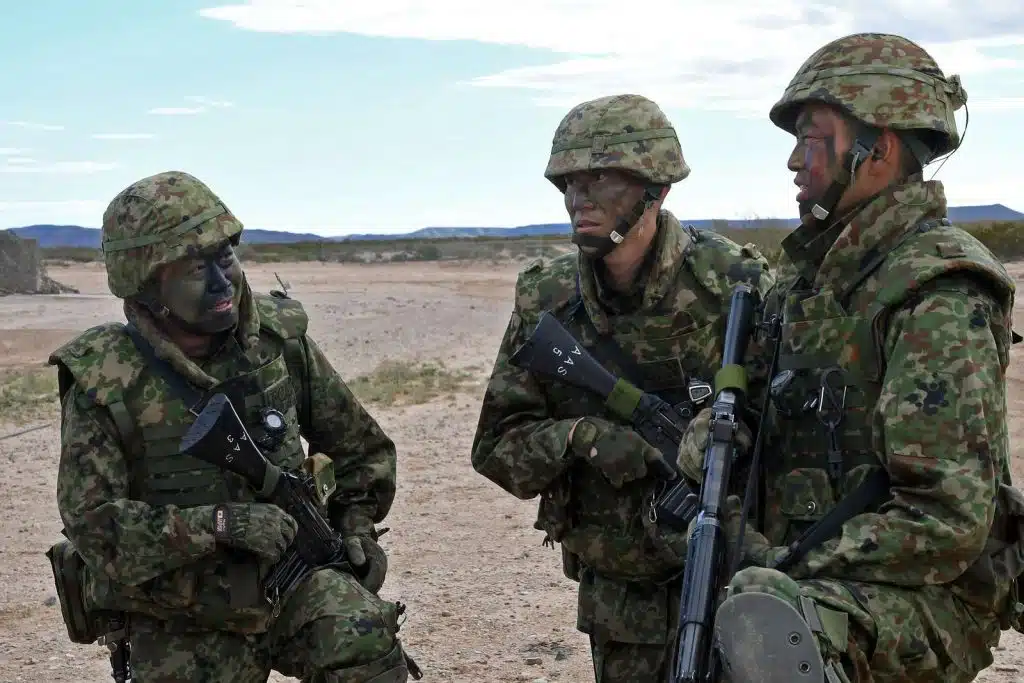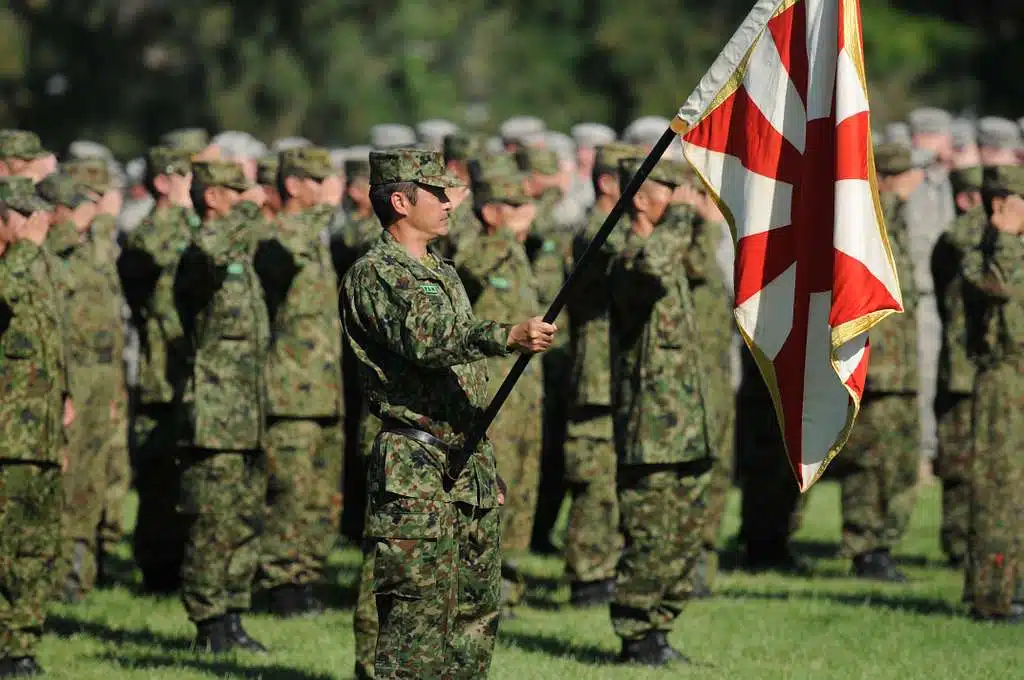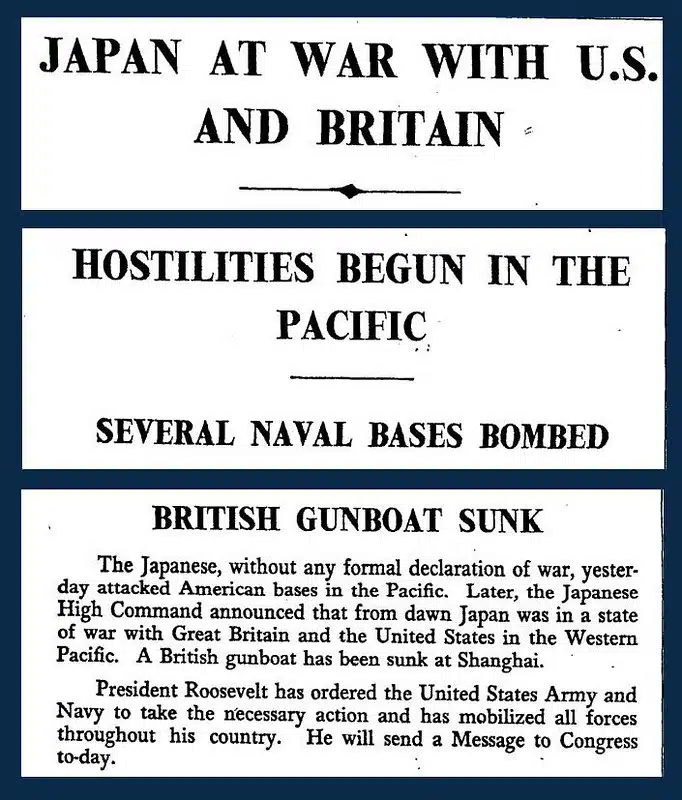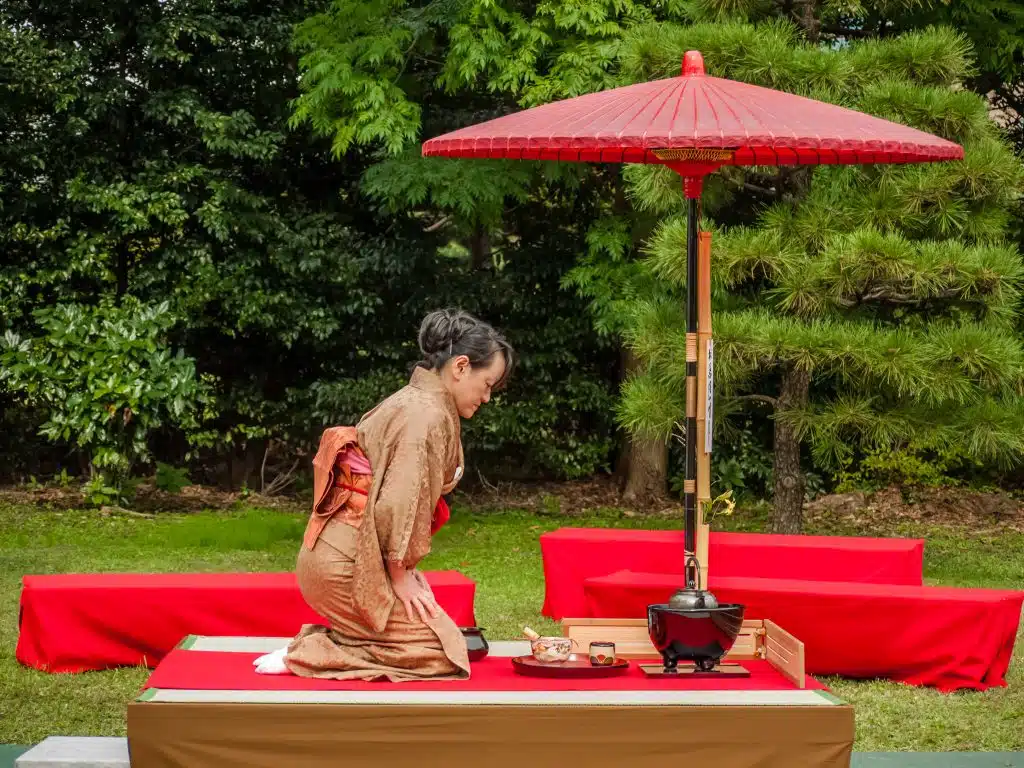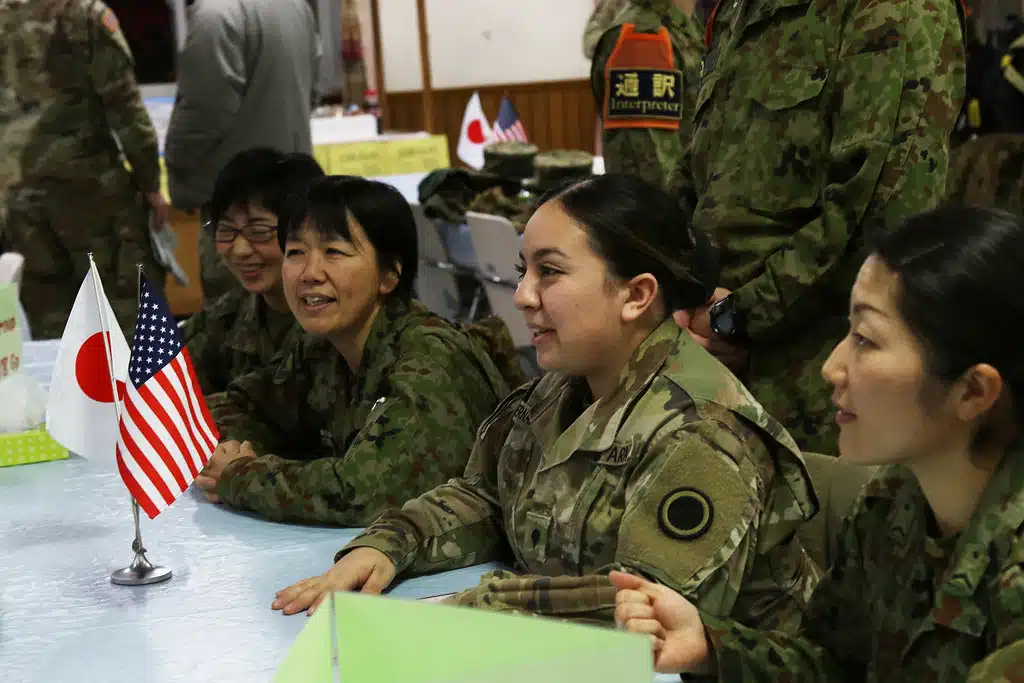Posted inQuestion about Japan
Can Japan have an army again?
There is a growing debate in Japan about whether the country should have an army again due to tensions in East Asia and North Korea's nuclear ambitions. However, the current constitution forbids having an army, and public opinion polls show that the majority of Japanese people do not want one. The United States is Japan's key ally, and they have a mutual defense treaty, but if Japan were to have an army again, it could cause geopolitical tensions between the two countries. Additionally, budget constraints and concerns about renewed militarism and regional stability need to be considered.
